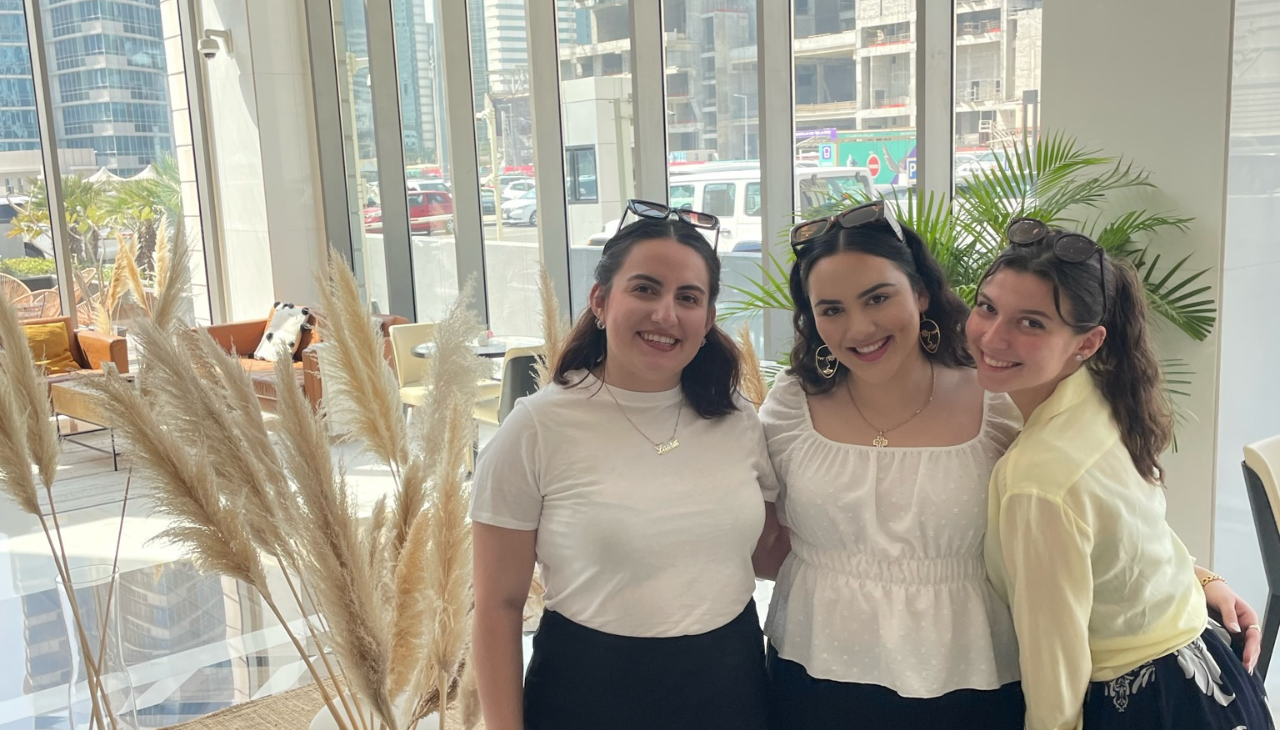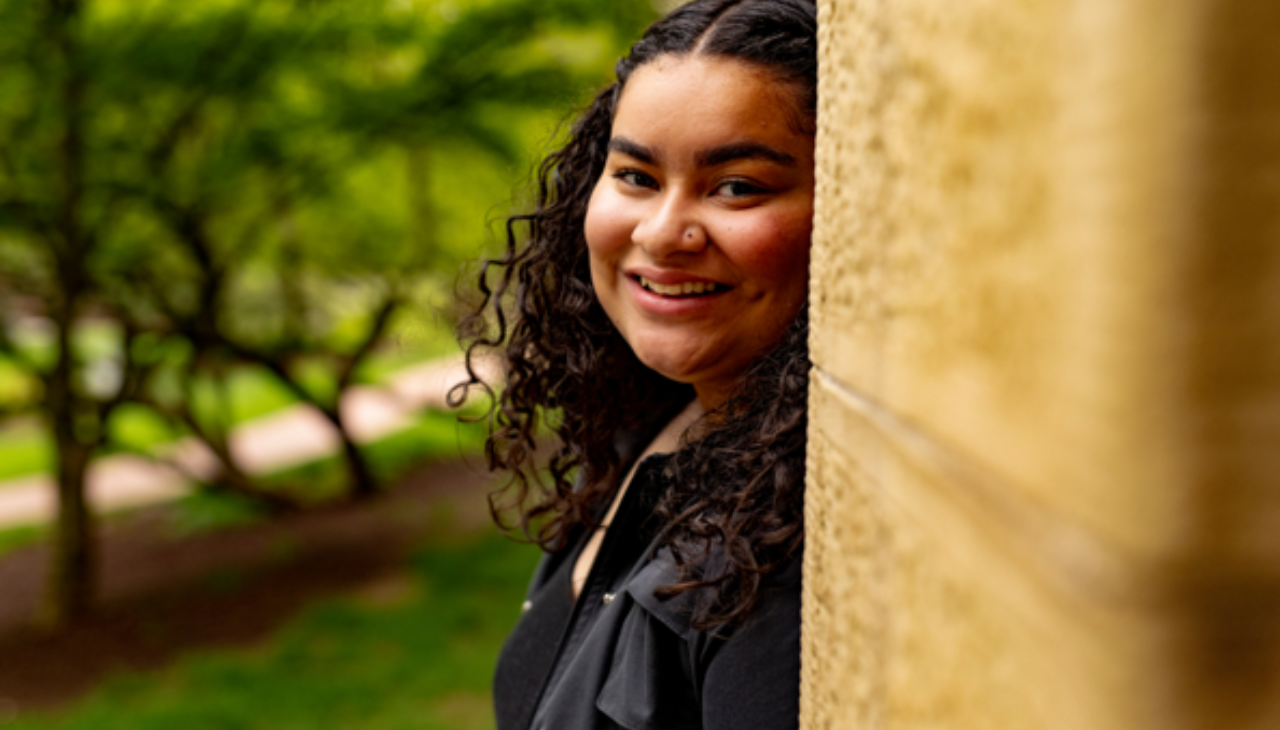5 takeaways from the final education town hall
Tuesday night, City Council members held their third and final community meeting on the state of public education at Thomas Edison High School in North Philadelphia. As the city heads into budget season, the idea behind these town halls is not to talk about the spreadsheets that make up our desperately underfunded school system, but to discuss the budget’s real-life effects on students. Or, as Councilwoman Helen Gym said, “how we live our schools.”
Here’s what was on the minds and hearts of the community last night:
Class sizes are a huge problem.
According to most recent figures, there are 184 teacher vacancies in the Philadelphia School District (PSD), which means 5500 students don't have an assigned teacher. Asked to share their priorities for the budget season, students and parents both talked about the need for reducing class sizes and putting more educators in the building. Jeffrey Molina, a senior at Edison High School, said that the learning environment is unstable. This year, his English teacher, who was supposed mentor him for his senior project, left just two months into the fall semester. “Last year there was enough to basically hold up all the students in the school. Yes, there were struggles, but at least we made it through,” Molina said. “There was a point in time towards the end of [last] semester where my own principal became my English teacher.”
Gym: It's easy to forget students have edu rights. If your school doesn't offer these, we want to hear from you pic.twitter.com/OzLkCGfQzh
— Max M. Marin (@MaxMMarin) March 15, 2016
Students fear for their safety.
Second up on the list of concerns was safety. Behavioral issues run rampant, and yet one in four district schools do not have a guidance counselor, according to recent figures. (For context, the American School Counselor Association recommends one counselor for every 250 students.) Parents and students shared a disturbing number of stories about their students feeling unsafe in the school building, especially with the amount of violence.
Climate safety officer at Hardy MS says when she calls in a code 7 (fight) by the time the school police arrive, a second fight breaks out.
— Julia Terruso (@JuliaTerruso) March 15, 2016
Students educational rights are being violated, town hallers said.
Councilwomen Gym and Maria Quiñones-Sánchez introed the town hall with a few informative slides on the state of Philly schools. One of the slides focused on educational rights guaranteed by the Pennsylvania State Code. Council members asked attendees to speak up if their schools didn’t offer things like two foreign languages, theater, art, gifted education, etc. — and the anecdotes poured in. Toward the end of the town hall, one parent put the issue in this context and received uproarious applause:
Elephant in the room, parent says, is that kids are judged by standardized testing despite learning in sub-standard conditions. #phled
— Max M. Marin (@MaxMMarin) March 15, 2016
Parent involvement has been steadily waning.
Milly Cappetti, a parent who has had siblings and children in the school system for the last 23 years, says she’s seen the decline in parental involvement firsthand. “Everybody wants parents involved in the schools, but most parents don’t want to be involved in the schools,” Cappetti said, citing class sizes, bad spending and security issues. A teacher from Disston Elementary noted that parental participation has dropped to 17 percent. “I go out looking for parents," the teacher said. "Parents go out looking for parents."
Ms. Martin, #phled mom: School used to be family environment, feels like it's falling apart w/o enough teachers pic.twitter.com/rRAt4RbhxH
— Helen Gym (@HelenGymAtLarge) March 15, 2016
Mayor Jim Kenney was a voice of hope. But he didn’t mention taxes.
Seated casually on the edge of Edison auditorium’s stage, Kenney was blunt when he said, as he has many times before, that the city can’t wait on Harrisburg to fix the school district’s funding woes. He said he would raise money, but not hand it over to the School Reform Commission, and emphasized the long-term benefits of investments in universal pre-K, community schools and neighborhood recreational centers. But when it came to funding, Kenney didn’t mention the t-word.
Kenney: We're going to raise money, but we're not handing it over to the SRC b/c I dont trust how they spend it pic.twitter.com/JJ3k1RFUoa
— Max M. Marin (@MaxMMarin) March 15, 2016










DEJE UN COMENTARIO: